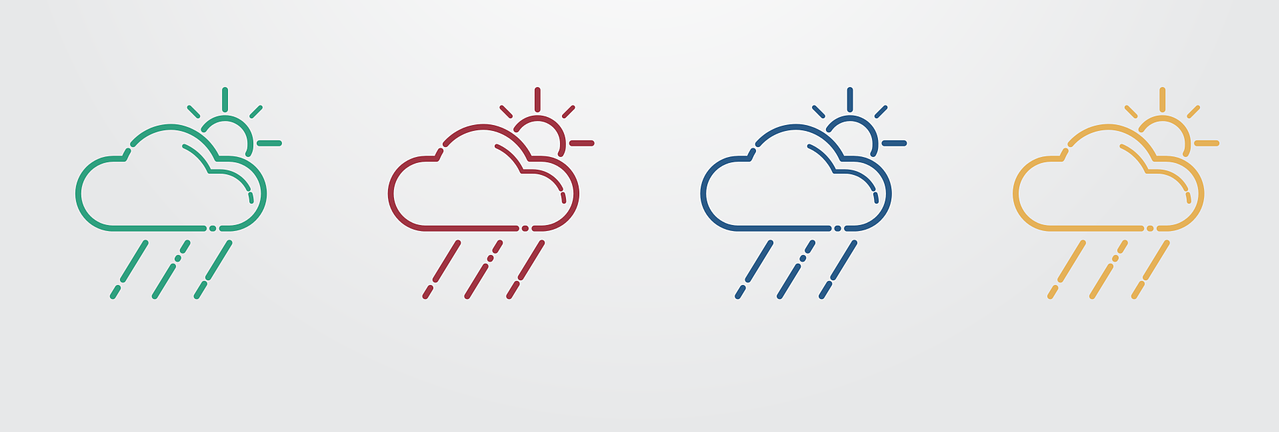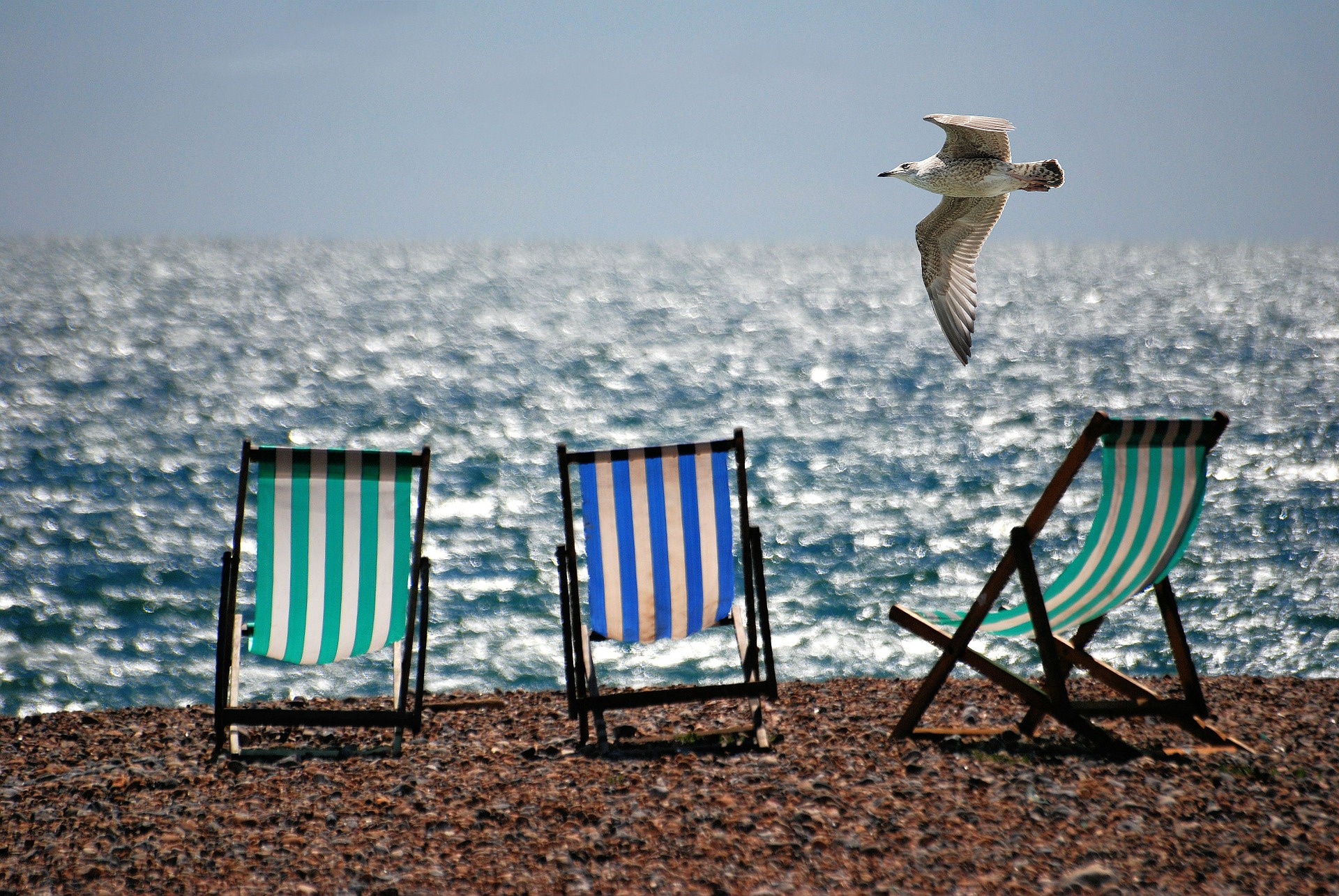Seasonal Affective Disorder

So, as the name suggests, this is a disorder that can change with the seasons, but why talk about it in the middle of the summer? Surely the "winter depression" is just for the colder months? This post explores both winter and summer changes that can affect SAD.
SAD is a form of depression where symptoms can worsen with the changing of the seasons. Normally it can be more noticeable in winter, as this is when the days get shorter, people spend more times indoors and we wonder if we'll ever get another white Christmas. However, it can happen during the summer months and have a negative impact on an individual's life.

For many people with SAD, the reasons why they experience a change may not be simple or identifiable. In winter it could be that as the days get shorter, we do not get enough Vitamin D which is important for different aspects of our health. A lack in Vitamin D means we are not getting enough sunlight, and with longer nights, energy and motivation to keep up activities can lower. We place more emphasis on spending time with loved ones, which can bring it's own challenges and increased stress levels. There are work and friend nights out, presents to buy, decorations to put up, so our bank balance can be tipping into the red. We also consume more food over the festive period, which can add to the sluggishness.
For anyone you know who may seem a bit more "blue" during winter, or if this is you, arrange to go for a walk at lunchtime or at the end of work while it's still light. Embrace hygge (hoo-gah), the Danish way of living cosily; lots of soft lighting, blankets and cushions, having close friends and family around, being kind to yourself. Find out what makes symptoms worse and therefore discover what makes them better. As with any mental health difficulty, the more that is known about what makes symptoms worse, the more can be done to boost well-being.

However, it's not just winter that can make SAD noticeable. There are a smaller number of people who are affected over the summer months. This can be harder to understand as sunshine, longer days, holidays, ice cream etc are things we look forward to for as long as it's sunny. Yet, summer months bring their own unique challenges to our mental health. Warmer nights can interrupt sleeping patterns; the dawn chorus is not always welcome at 4am if you have a busy day ahead. Changeable weather can affect how our bodies regulate temperature, which can impact on our motivation and brain power. The more humid days can slow even the fastest people down, causing brain fog and potential increase in stress to get things done. Everyone seems to come out and fill green spaces (with the odd lobster pink pair of shoulders), which can be sensory overload for someone with SAD.
As we are in the midst of the traditional British summertime (sunshine and rain), it's important that we are mindful of those who find the summer changes a challenge. Even without a mental health difficulty, the heat can negatively affect people. The best thing we can do is listen to each other, listen to our bodies and do little things daily that can help boost well-being. Whether that's accepting that not everyone can stay out in the sun for a while (definitely me), and making the most of the cooler hours, whatever it is, do it!
Talking may be the first step, which can be a big hurdle for those with SAD and those who don't. We're not always sure what to say, how the other person will react, if we say something wrong. In this TED talk, Bill Bernat shares some of his story and things that have/have not helped when talking to others. I hope it will encourage you to be more confident taking that next step and opening up, at the very least, be 10 funny minutes.


